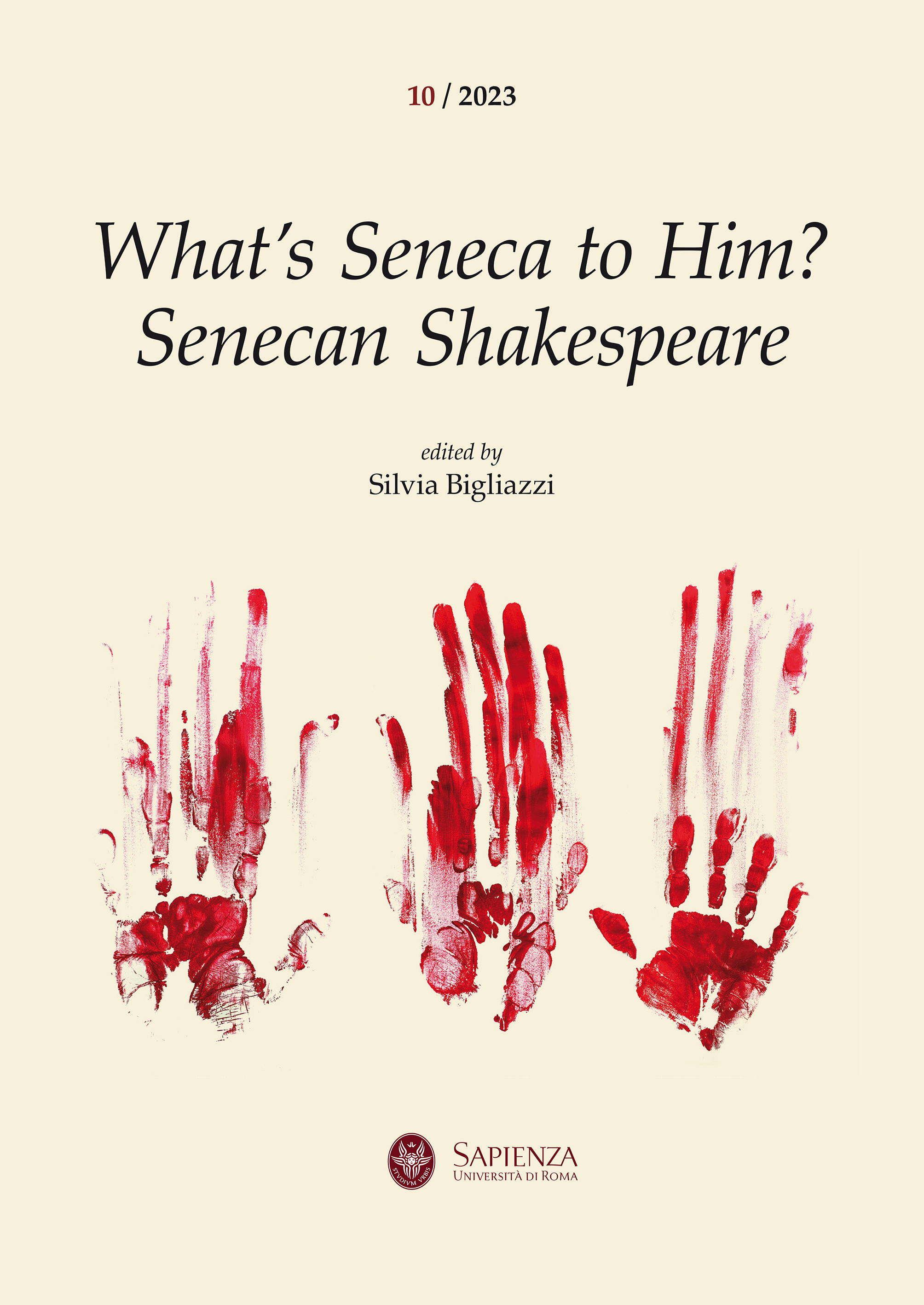“Teach me how to curse”: Senecan Historiography and Octavia’s Agrippina in Richard III
DOI:
https://doi.org/10.13133/2283-8759/18617Parole chiave:
Seneca, Shakespeare, Octavia, Richard III, Historical drama, CursesAbstract
This article extends explorations of a Renaissance “Seneca available for generic appropriation” (Mayne 2020) by tracing Shakespeare’s receptions of the pseudo-Senecan Octavia in Richard III. As the only complete fabula praetexta (Roman historical drama) to have survived from antiquity, the Octavia offers critics the chance to trace the dramatic resources that an underexplored classical genre offered to early modernity. In the Octavia, an anonymous Flavian tragedy attributed to Seneca in the Renaissance, Shakespeare encountered a historiographical debate – invested in exploring processes of cultural memory and national myth-making – that interrogates the arc of Rome’s past. In Richard III, Shakespeare intervenes in the Octavia’s historiographical clash between Nero, who champions a teleological vision of the peace and stability of imperium sine fine, and the ghost of Agrippina, who locates in the ruling dynasty’s regime a cyclical continuation of Roman wars worse than civil. By reimagining Agrippina in Margaret of Anjou – an unrecognized adaptation – and staging the fulfilment of her Octavian curse, Shakespeare dramatizes the triumph of her cyclical philosophy of history. He discovers in the praetexta an unlikely source of inspiration for female voices from the margins that purge the sins of tyranny and shape the trajectory of a nation’s history.


